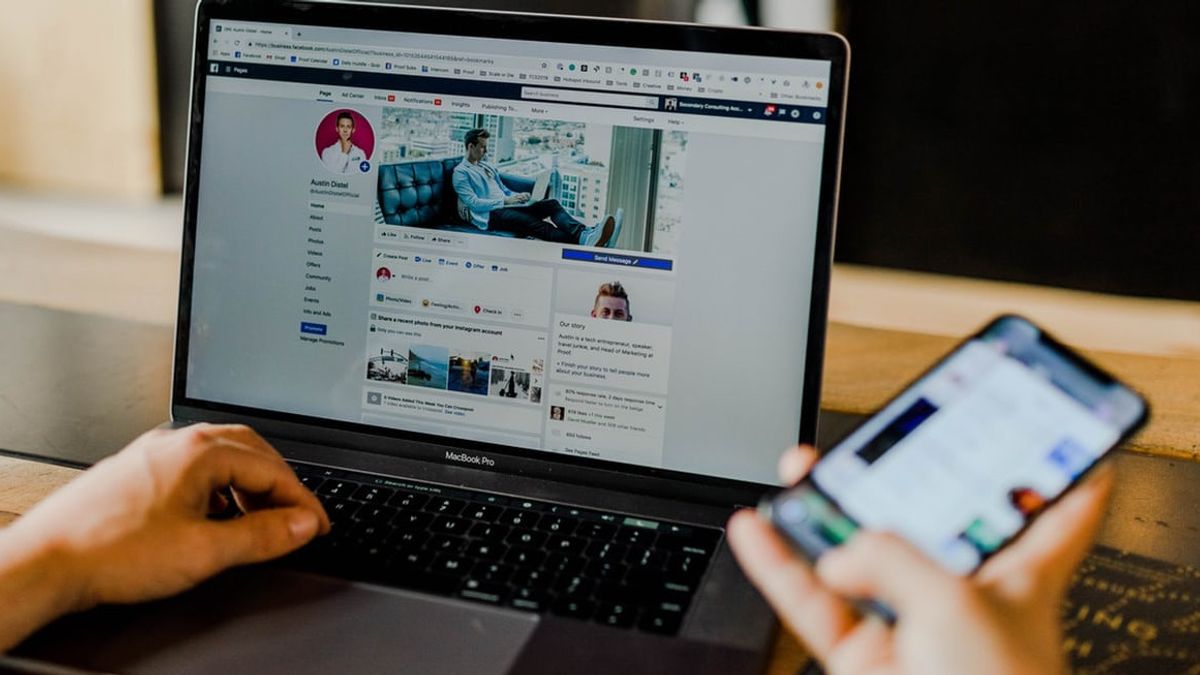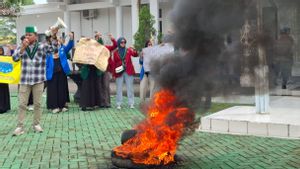JAKARTA - Facebook continues to strive to eradicate hoaxes and disinformation related to COVID-19 on its platform. The social media giant has finally launched the Community Hub Messenger, a feature that helps the public get valid information regarding the outbreak which has now become a global pandemic.
The Messenger Community Hub offers tips, official information and more to help people stay connected and informed about the COVID-19 outbreak. The same feature is also embedded in the WhatsApp service to get information from trusted sources such as UNICEF, CDC and WHO.
“Around the world, we have seen a significant increase in people using Messenger for group calls to stay in touch with their loved ones. Globally, 70 percent more people participate in group video calls and the time spent on group video calls has doubled, "said Vice President of Messenger, Stan Chudnovsky in his official statement as quoted by Tech Crunch.
Facebook reasoned that currently its social media users interact more frequently using Messenger since the implementation of the lockdown or working from home. He stated that the Community Hub Messenger was a new effort to combat the global COVID-19 pandemic.
Moreover, Messenger users currently have reached 2.7 billion worldwide. This makes Facebook also participate in helping governments and world health agencies to combat the spread of hoaxes related to COVID-19.
In addition, the company is working with non-profit organizations such as WHO to build helplines, and has committed to donating millions of dollars. This helpline on WhatsApp has reached more than 10 million users, just days after its launch. But Facebook's wide reach has also attracted hackers.
“Unfortunately, hackers may try to take advantage of the vulnerability and generosity of society over the years. We take your safety seriously and continue to take aggressive steps to delete fake accounts and catch hackers before they reach you, ”explained Chudnovsky.
Messenger's Community Hub feature will also recommend activities such as scheduling virtual play dates for parents to engage with their children's friends.
"For local community leaders, this could mean organizing group video chats or text groups to support each other when we can't physically be together," concluded Chudnovsky.
The English, Chinese, Japanese, Arabic, and French versions are automatically generated by the AI. So there may still be inaccuracies in translating, please always see Indonesian as our main language. (system supported by DigitalSiber.id)








